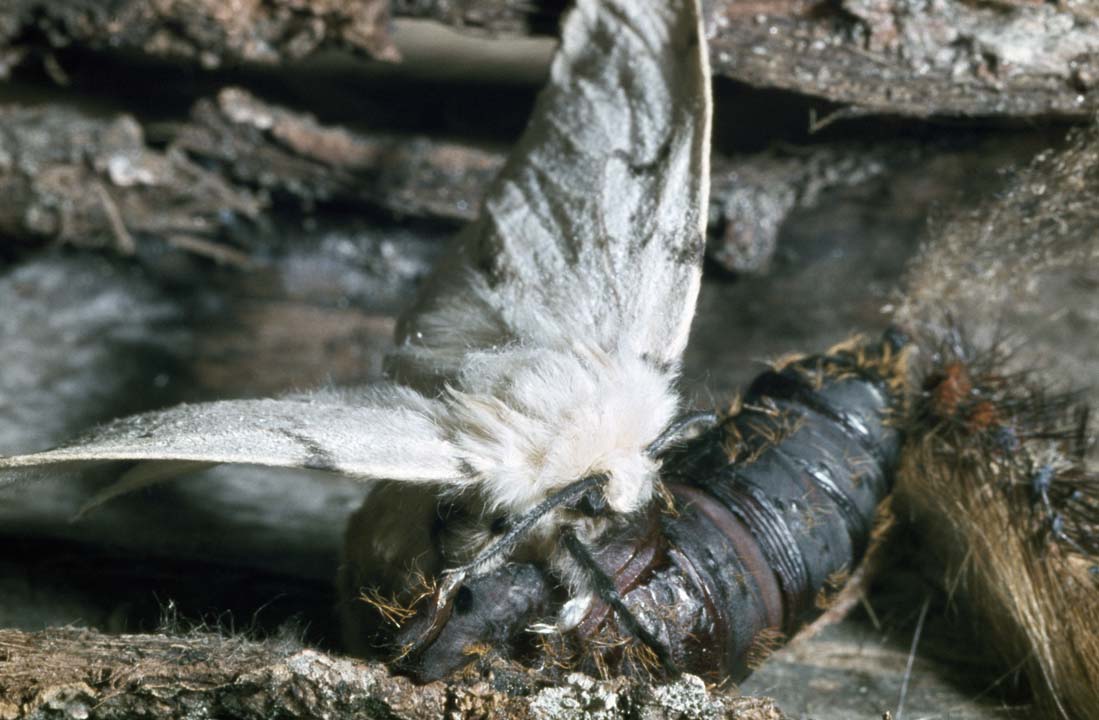In an effort to control the European Gypsy Moth that has invaded the city, the City of Toronto is preparing an aerial spray for this weekend.

A helicopter will be spraying early Sunday and Monday morning.
In 2007 and 2008, the city experienced a gypsy moth infestation. According to the city, the population was kept low due to natural enemies and pest management. Since 2012, however, there has been a rise in its population.
The city will be spraying Bacillus thuringienis subspecies kurstaki (Btk). According to Health Canada’s website, Btk “poses little threat to human health.” The pesticide is only toxic to the larvae of specific species of insects. Once the insects ingest it, the crystals of the pesticide are converted into toxic protein molecules which destroy the walls of the insects stomach and kills them.
However, if you’d like to limit your exposure to the pesticide, the city advises that you remain indoors “during and immediately after the spraying.” The current times for spraying on Sunday and Monday are between 5 and 7:30 a.m. But it is important that residents check the city’s website for the most recent news on spraying times.
Watch: Helicopter sprays area of Toronto for gypsy moths in the early morning hours
Health Canada reports that gypsy moths appear in late July and August and each egg “mass” that is laid can contain up to 100 to 1000 eggs. But it is important to control the infestation early as that is when they feed most voraciously.
Gypsy moths are found mainly in Ontario, Quebec and the Maritimes. They were accidentally introduced in 1869 by a French naturalist who was trying to crossbreed a European gypsy moth with a North American silkworm.
For more information on the city’s gypsy moth program, visit: http://www.toronto.ca/trees/gypsy-moth.htm


Comments